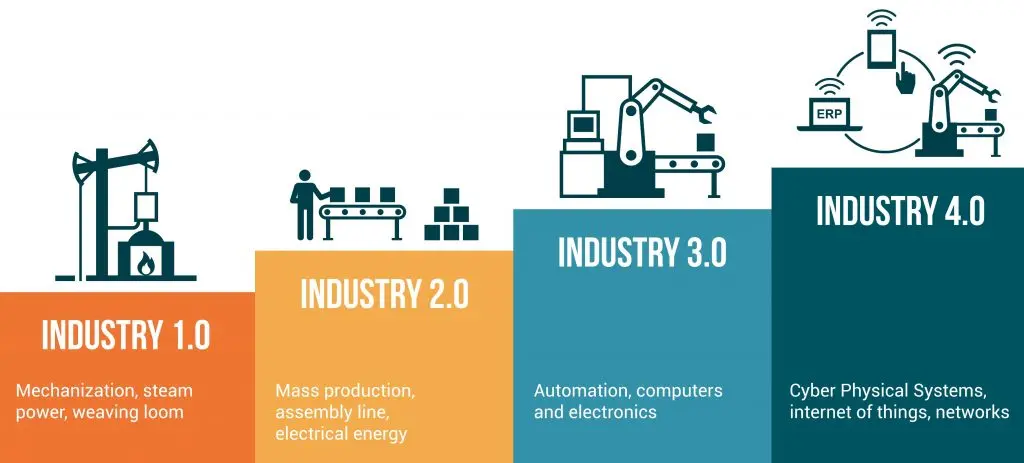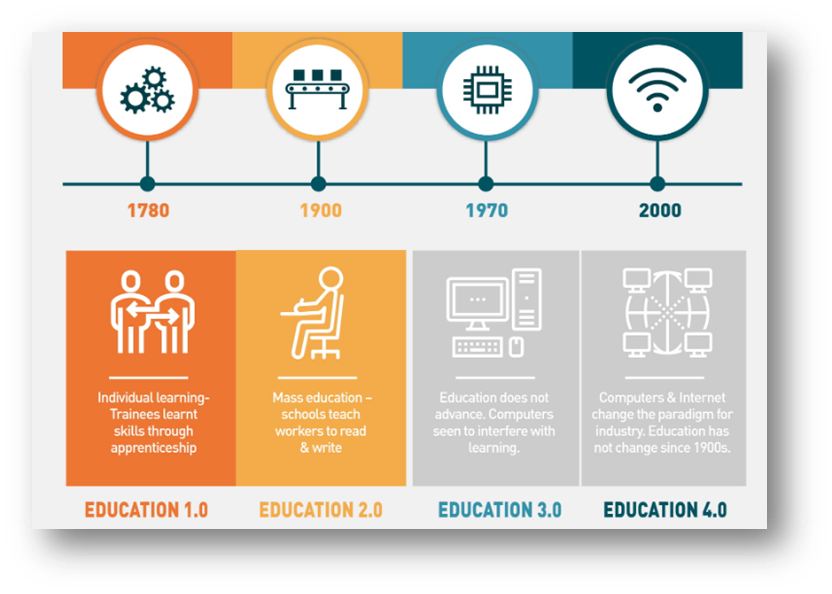Introduction
The transition from school to work is getting harder and harder in today’s fast-paced environment. Industries demand practical skills, critical thinking, and flexibility, but traditional education places a strong emphasis on academic knowledge. Graduates frequently struggle to fulfil the demands of the labour market as a result of this gap. The gap between industrial demands and traditional education is examined in this article, along with strategies for strengthening the connection.

Academic Training
Academic training is a methodical and planned approach to education that emphasizes theoretical comprehension, intellectual growth across fields, and broad-based knowledge.

Industry Training
Industrial training describes educational programs or courses that emphasize the abilities and information needed for particular crafts, jobs, or careers. It is hands-on, practical, and closely related to the demands of the labour market, in contrast to traditional academic education, which is frequently more theoretical and wider.

Industrial Training VS Traditional Education
- Academic Training: Theoretical, broad, intellectual growth
- Industry Training: Practical, hands-on, career-focused
- Outcome: Academic builds knowledge, industry delivers real-world skills
Strategies for Strengthening The Connection
- Integrate practical industry projects in academic syllabi
- Foster partnerships between colleges and businesses
- Promote internships and mentoring programs
- Regular updates to curricula, aligned with market demands
